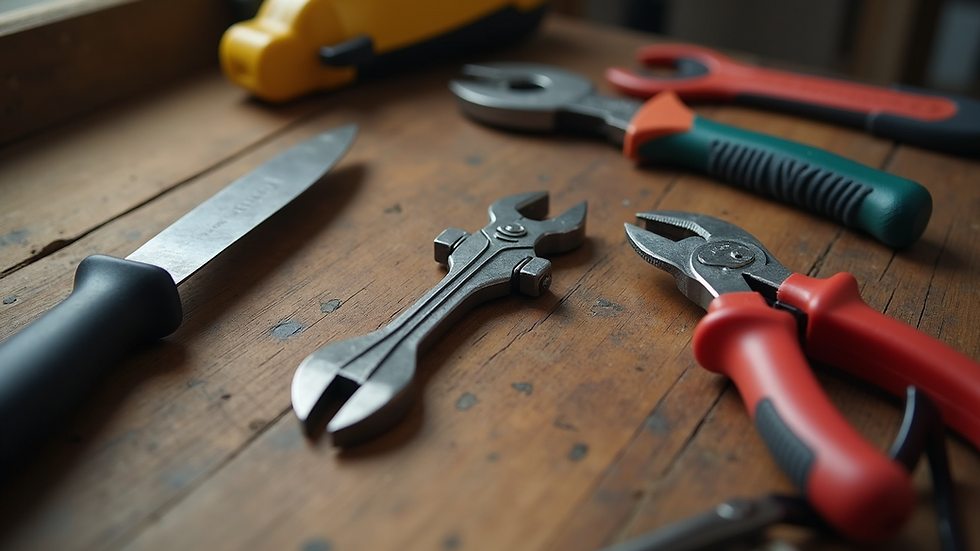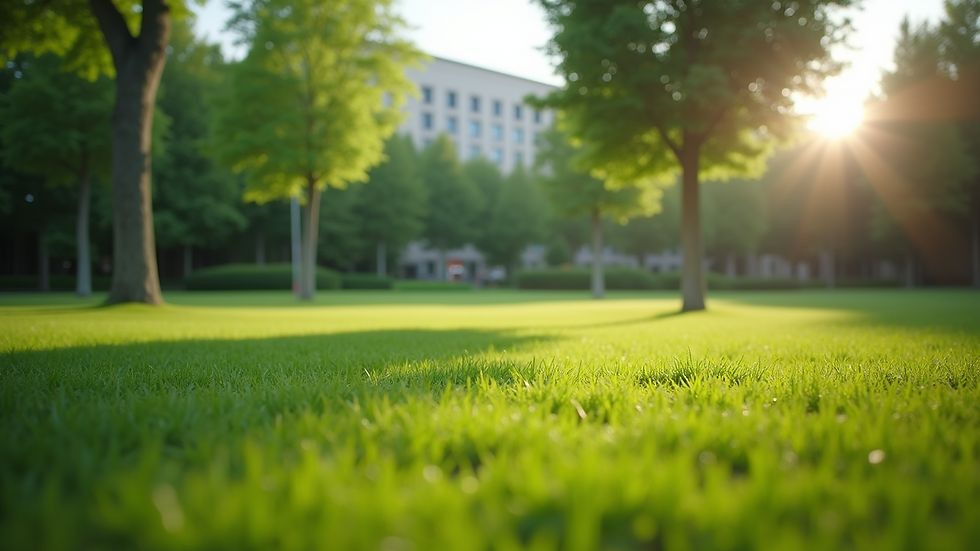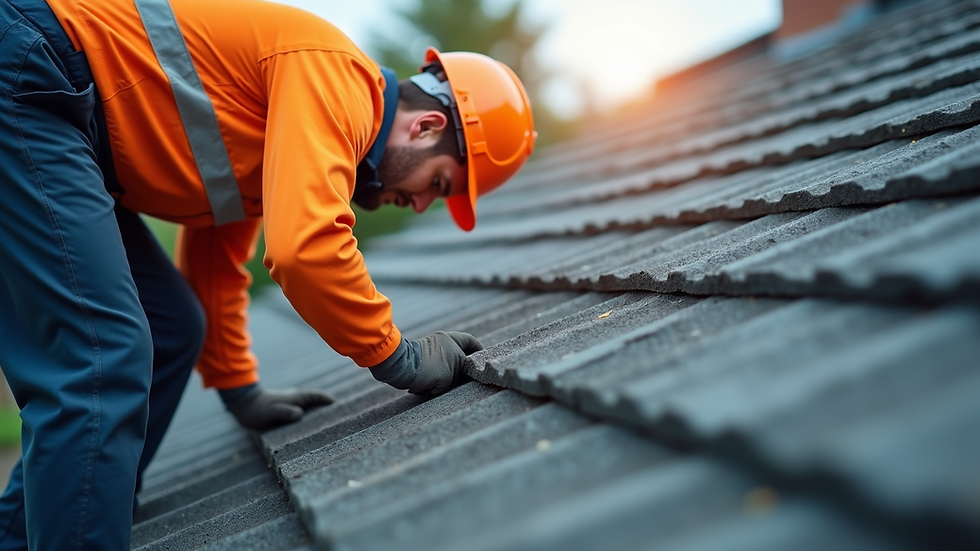The Importance of Regular Building Upkeep
- v4specialists
- Jun 10, 2025
- 3 min read
Every structure, whether residential, commercial, or industrial, requires regular upkeep to ensure longevity and functionality. Building maintenance is not only about aesthetics but also involves safety, efficiency, and compliance with regulations.
Building Maintenance: Why It Matters
Regular building maintenance is essential for various reasons. Firstly, it significantly extends the lifespan of the property. According to the National Association of Home Builders, homes that undergo regular maintenance can last decades longer than neglected properties. Moreover, proactive upkeep can prevent costly repairs down the line. For instance, a small leak in a roof can lead to extensive water damage if left unattended, resulting in repairs costing thousands of Rands.
Additionally, well-maintained buildings create a positive first impression. Whether it's a business or a home, the state of a building reflects its occupants. For businesses, an attractive and functional premises can enhance customer satisfaction and retention.

The Key Components of Effective Building Maintenance
Effective building maintenance encompasses several critical components:
Routine Inspections: Regular checks for signs of wear and tear can help identify issues before they escalate. Inspections should cover roofing, plumbing, electrical systems, and HVAC units.
Pest Control: Buildings are often susceptible to various pests. Regular pest control measures not only protect the property but also ensure the health of the occupants.
Cleaning: Regular cleaning of both the interior and exterior of the building enhances aesthetic appeal and prevents dirt accumulation. A clean environment fosters productivity and well-being.
Safety Compliance: Buildings need to meet specific legal standards. Regular checks ensure compliance with local laws, thus preventing legal issues and potential fines.
Landscaping: Outdoor spaces should also be maintained. Well-kept landscapes improve curb appeal and provide a pleasant environment for occupants and visitors alike.
By focusing on these key components, property owners can protect their assets and ensure they remain inviting and functional.

Understanding the Financial Impact of Neglect
Neglecting building maintenance can have dire financial implications. Studies indicate that properties that are not maintained can lose up to 10% of their market value annually.
Furthermore, the costs associated with emergency repairs can skyrocket. For instance, a plumbing issue that is not addressed promptly can result in extensive water damage, leading to additional expenses for repairs, restoration, and even health-related issues caused by mold growth.
By investing in regular maintenance, property owners can prevent these high costs and preserve the value of their investment.
Best Practices for Building Upkeep
To maintain a building effectively, consider the following best practices:
Create a Maintenance Schedule: Develop and adhere to a maintenance schedule tailored to the specific needs of the property. This may include seasonal inspections and cleaning tasks.
Hire Professionals When Necessary: While some maintenance tasks can be performed by property owners, hiring building maintenance services like V4 Specialist can ensure that specialized tasks are performed correctly.
Keep Records: Maintain records of all maintenance work conducted. This documentation can be useful for future reference and can enhance property value when it comes time to sell.
Educate Occupants: Ensure that all occupants understand the importance of reporting issues promptly. Having a system in place for reporting maintenance problems can expedite responses and keep the property in optimal condition.
Evaluate and Adjust: Regularly assess the effectiveness of your maintenance practices and be willing to adjust as necessary. Building standards and occupants' needs may change, requiring a shift in maintenance strategies.

Long-Term Benefits of Regular Maintenance
The long-term benefits of regular building upkeep are substantial. Not only does it protect the investment made in the property, but it also promotes a healthier and safer environment for inhabitants. Properties that are consistently maintained tend to attract higher-quality tenants or buyers, leading to better financial returns.
Moreover, maintaining a building's energy efficiency can significantly reduce utility costs. For instance, regular HVAC maintenance ensures that air conditioning and heating systems operate optimally, as inefficient systems can add to energy expenses.
Finally, regular maintenance contributes positively to the environment. By ensuring systems run efficiently and preventing waste, property owners can decrease their carbon footprint.
Final Thoughts on Building Maintenance
In conclusion, regular building upkeep is not just an afterthought but an essential aspect of property management. By prioritizing maintenance, property owners can avoid costly repairs, enhance safety, and contribute to a positive living or working environment. It's a small investment that pays off significantly over time.
Whether you're a homeowner or a business operator, understanding the importance of consistent building maintenance is key to safeguarding your investment and ensuring the comfort and safety of all who enter. Regular checks, attention to detail, and a proactive approach can transform a property from a mere structure into a welcoming, productive environment.



Comments